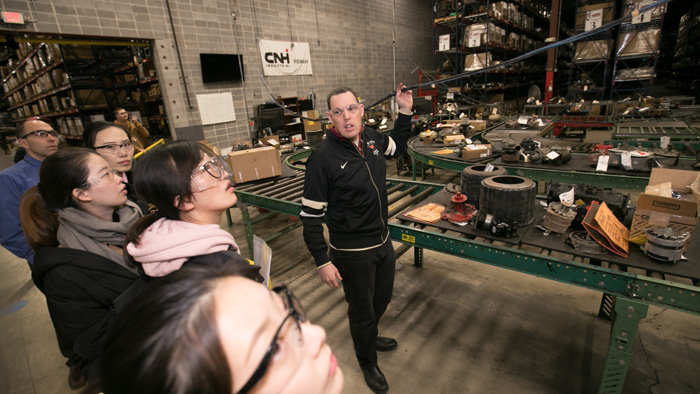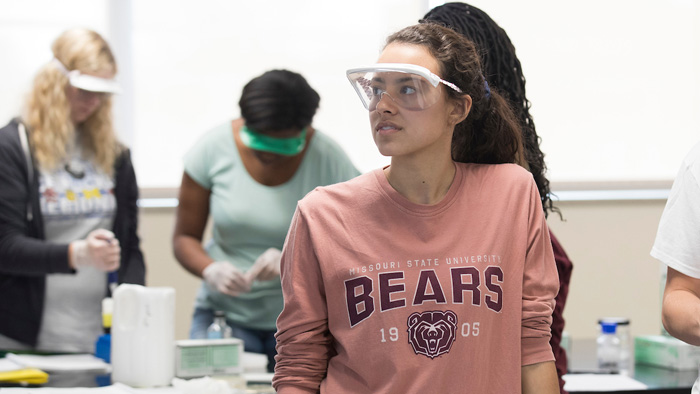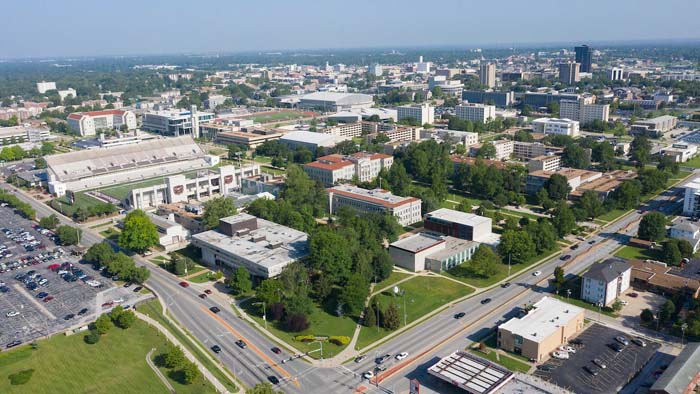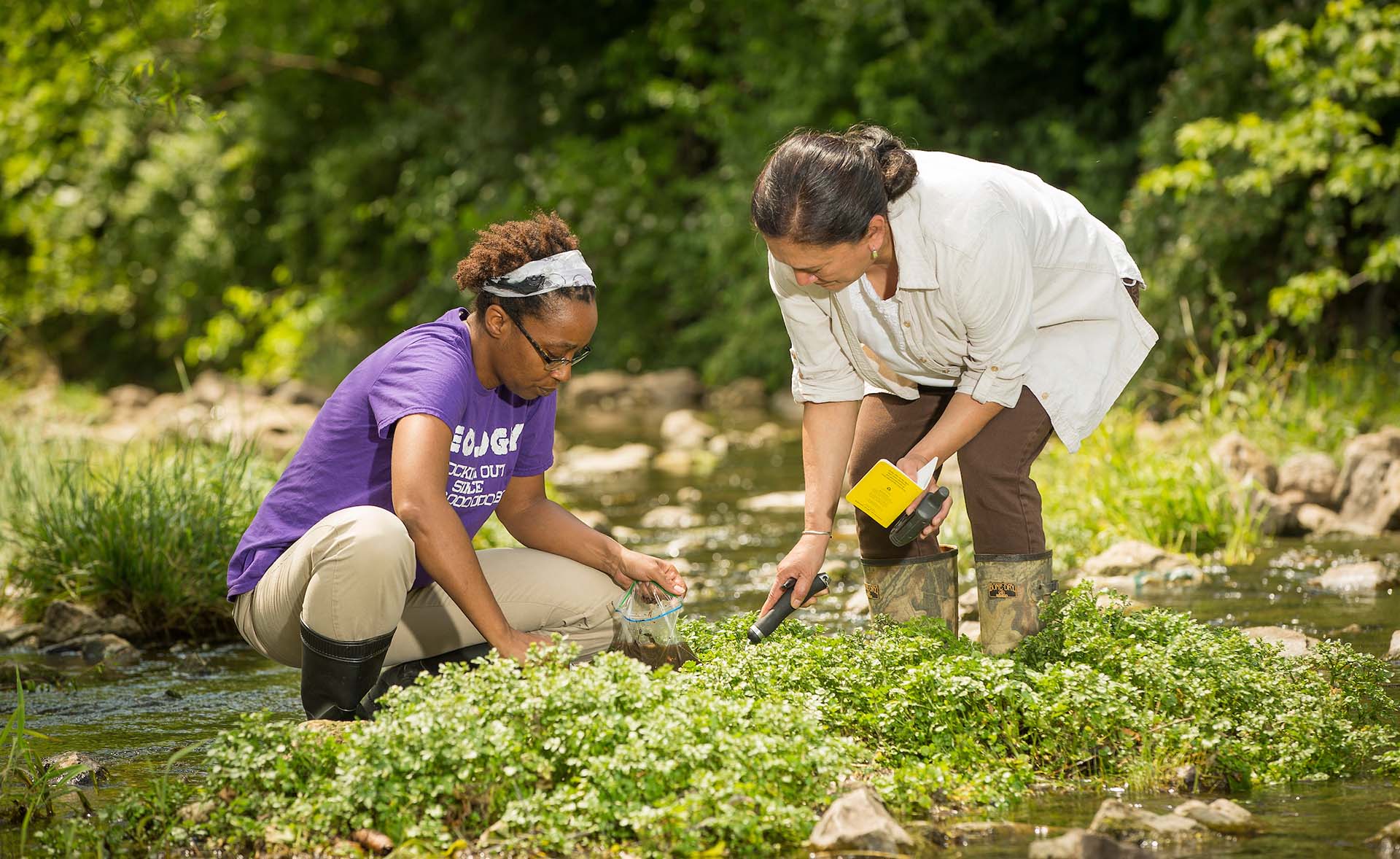What's new

With service-learning, addressing community needs and career-boosting experiences
go hand-in-hand. Best part, it’s always connected to earning course credit.
Find service-learning resources tailored to you



Explore stories, spotlights, and stats
Academic statement
The office of Citizenship and Service-Learning (CASL) supports the development, implementation, the evaluation of sustainable service-learning courses and encourages community-engaged learning across the curricula at Missouri State University as a high-impact practice (HIP) to enhance student learning, student success and retention, develop civic engagement, support the university’s mission in public affairs, and foster collaboration with communities – locally, nationally, and globally. Community-engaged learning is a form of experiential education characterized by student participation in an organized community-based activity that:
- Connects to specific learning outcomes
- Meets identified community needs
- Provides structured time for student reflection and connection of the community-based experience to learning
As defined by the American Association of Colleges and Universities (AACU), service-learning, as an “instructional strategy”, is a form of experiential “field-based” education that provides students “direct experience with issues they are studying in the curriculum. A key element in these programs is the opportunity students have to both apply what they are learning in real-world setting and reflect in a classroom setting on their service experiences…”. These programs model the idea that giving something back to the community is an important college outcome, and that working with community partners is good preparation for citizenship, work, and life.
